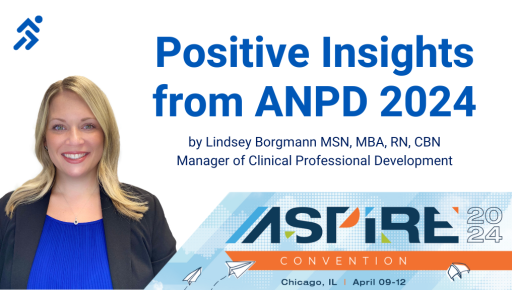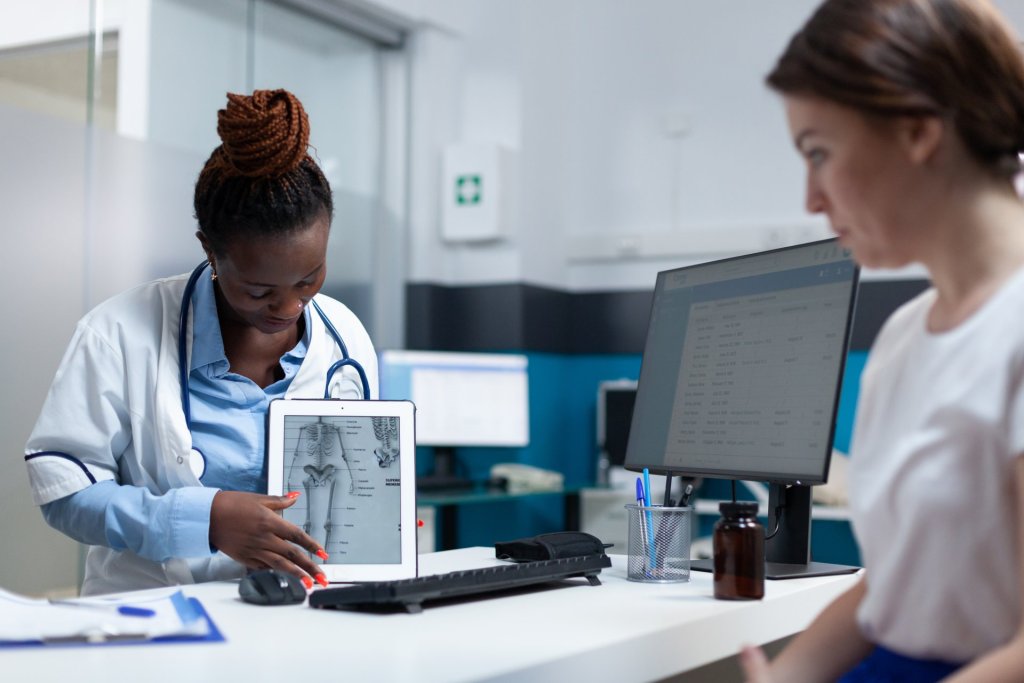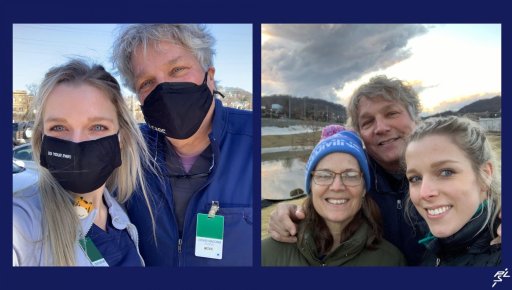When it comes to healthcare professions, most people think of nurses and doctors first. However, there are countless other professions within the field. Allied healthcare professionals provide various diagnostic, technical, therapeutic, and support services in connection with healthcare.
Five million allied healthcare providers in the United States work in more than 80 professions, representing approximately 60% of all healthcare providers. Allied health professions grant professionals high job satisfaction from helping patients directly and will continue to be in demand as the population ages.
Allied healthcare professionals can specialize in dozens of niche areas of the healthcare industry, such as cardiac sonography, nuclear medicine technology, or sleep technology.
What is allied health?
Roughly defined, allied health refers to a broad group of healthcare professionals responsible for administering healthcare and the support systems surrounding healthcare providers.
Allied health professionals deal with:
- the identification, diagnostic evaluation, and treatment of acute and chronic diseases and disorders
- provision of dietary and nutrition services
- rehabilitation services
- the management and operation of health systems
Allied health professionals apply scientific principles and evidence-based practice to optimize patient or client outcomes. Allied health professionals must also attend to the prevention of disease and the management and treatment of patients with chronic disease. Thus, allied health practice extends to the individual, the family, the community, and public education.
Many allied health professions specialize in promoting optimum function and health and improving health-related quality of life. In addition, healthcare administration and health systems management are essential components of many allied health professions.
The term “allied health professional” applies to any healthcare services professional (other than a registered nurse or physician assistant) who:
- has received postsecondary education or training ranging from a certificate program to a doctoral degree in a science relating to healthcare
- shares in the responsibility for the delivery of healthcare or related services (including health promotion, rehabilitation services, dietary and nutrition services, public health preventative services, and management of health systems)
This excludes various healthcare practitioners who’ve earned a doctoral degree—including medical doctors, dentists, optometrists, and medical technologists. This definition covers many vital roles that comprise a sizable portion of the healthcare system and economy.

Niche allied health careers
Professions often listed as “allied health” include many well-known non-nurse, non-physician healthcare providers, including audiologists and speech-language pathologists, physical therapists, occupational therapists, and respiratory therapists.
Diagnostic medical personnel, such as medical laboratory scientists, cytogenetic technologists, diagnostic molecular scientists, cytotechnologists, and pathologist assistants, are also included in allied health professionals—along with imaging specialists, such as radiographers, nuclear medicine technologists, and sonographers. There are also a very large number of less well-known healthcare professions generally considered to be allied health.
Here are some examples of lesser-known, niche allied health roles:
Audiologists
Audiologists diagnose, manage, and treat hearing, balance, or ear problems. They work in audiology, which is the science of hearing and balance. They determine the severity and type of hearing loss a patient has and develop a treatment plan.
Genetic Counselors
Genetic counselors identify hereditary risks through the study of genetics. Specifically, they study genetic disorders or syndromes inherited from one's biological family. Adults might consult a genetic counselor to determine their risk for conditions they are concerned about as they age. Parents might consult genetic counselors to assess the risk of having children with hereditary disorders, such diseases such as cystic fibrosis.
Perfusionists
A perfusionist works in cardiac operating rooms. They are a vital part of the cardiovascular surgical team that operates the heart-lung machine during cardiac surgery and other surgeries that require cardiopulmonary bypass to manage the patient's physiological status.
Prosthetists/Orthotists
Prosthetists and orthotists create devices that allow patients to regain or improve mobility and functionality. They measure, design, fit, and adapt musculoskeletal devices for the rehabilitation of patients with disabling conditions, such as artificial limbs and orthopedic braces.
Radiographers
A radiographer, also called a radiologic technologist, specializes in imaging human anatomy for diagnosing and treating pathology. They use machines to create images for medical purposes.
Surgical technologists
A surgical technologist is an allied health professional delivering surgical care on a team. Surgical technologists are members of the surgical team. Also called operating room technicians, prepare operating rooms, arrange equipment, and help doctors and first assistants during surgeries.
Most of these require specialized healthcare training and knowledge focusing on a specific subdomain—like physical and/or occupational therapy assistants, therapists, therapy assistants, diagnostic imaging, health information management, and more.

Pros and cons of niche allied health professions
There is an increasing need for skilled healthcare providers who can coordinate patient care and deliver comprehensive and compassionate care. This surge in demand extends beyond traditional roles, calling for allied health professionals with specialized skills in geriatrics, palliative care, and mental health, among others.
Working in these or other allied health professions or career paths has pros and cons. Here are some things to consider when choosing an allied health profession.
Pros
- Allied health professionals work in a fast-paced, ever-changing environment.
- Allied health careers have room for growth and advancement.
- Allied health careers have above-average earning potential.
- Allied health professionals can make a difference every day.
- Short training programs make these careers suitable for people seeking a career change.
- Training for allied health professions is often less expensive than a traditional college education.
Cons
- Many allied health professionals spend long hours standing during procedures and may be required to assist in moving patients.
- Allied health professionals may have the potential for exposure to health hazards, such as being exposed to a highly contagious illness or working around hazardous equipment.
- Allied health professionals must achieve and maintain certification.
- Mental and emotional stress might take a toll on allied health professionals.
- Allied health professionals may work long hours and on weekends or holidays.
A promising career fulfills you in more ways than one. If you’re looking for job security and flexibility but also want to come home at the end of the day knowing you made a difference, pursuing an allied health career might be the right move for you.
Ready to get started?
Interested in seeing top available jobs in allied healthcare? Prolink provides staffing solutions for allied health professionals across the country.
Prolink’s recruitment specialists have relationships with hospitals and other medical facilities that need allied healthcare staff to provide quality patient care. Prolink can help ensure you are licensed and able to practice at the destination of your choice and even equip you with the tools you need to succeed. Get started today by conducting an allied health job search.








